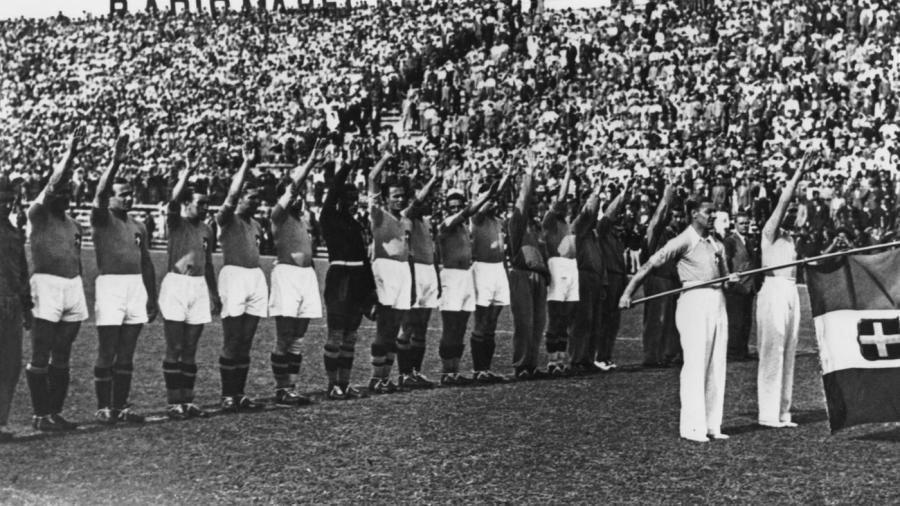What Factors Led to the Rise of Fascism in Italy?

Fascism began in Italy as a result of the heavy changes that happened in the country during World War I and was a response to the heavy socialism and communism that was present during the years after the first World War. The Fascist Party was made up of charismatic speakers, war veterans and people who believed they needed a strong government to fight for their rights.
The people who believed in the Fascist Party put their trust wholly in a leader who was excellent at twisting words and making promises that seemed like they would be best for the country. Benito Mussolini led Italy in a similar way to how Adolf Hitler ran Germany. The war veterans and people who were being affected by a poor economy put their trust in Mussolini because they realized that a more traditional government system was not working for the country. These people were interested in the nationalism of their country and wanted a strong, elite leader to be the head of their country. The majority of people were in desperate times because of the heavy threat that socialism and communism posed. As of 1921, the Fascist Party had more than 300,000 registered members and 35 leaders in the Italian parliament.





